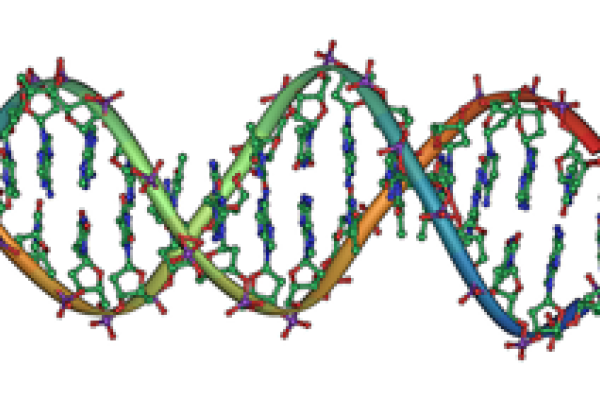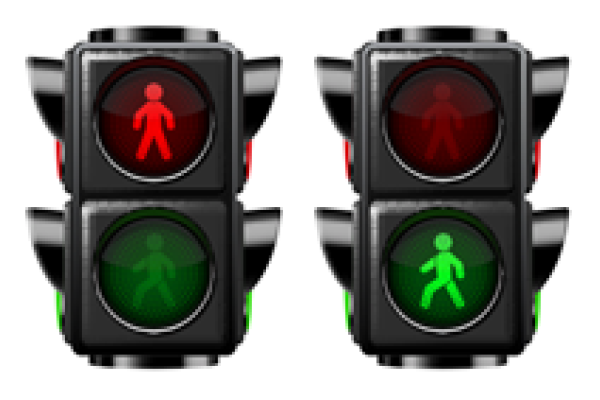Podcast


Living Proof: The meaning is in the arrows with Adina Goldberg
Find out why "the meaning is in the arrows" in our podcast with Adina Goldberg!

Find out why "the meaning is in the arrows" in our podcast with Adina Goldberg!

Find out how a story starting with the simple notion of counting ends in a revolutionary new way of doing maths that uses computers to harness the power of human collaboration!






